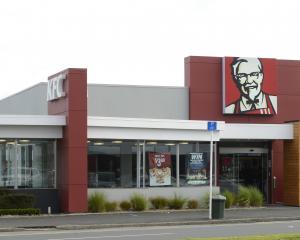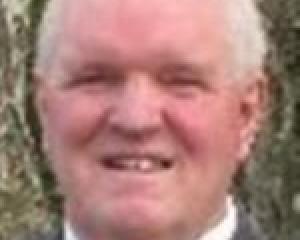He told the board this week that a week ago he had been confident the board would reach its targets in line with its financial recovery plan, but the strike notice advice had changed that.
"It will definitely have impact on the recovery plan," he said.
The technologists, members of the Association of Professional and Executive Employees (Apex), are taking a variety of industrial action around the country in protest at District Health Boards New Zealand's zero wage increase offer.
Apex national delegate support officer Tess Richardson said in Otago the 51 technologists were striking for two hours between noon and 2pm on Monday, March 15, Tuesday, March 16, and Thursday, March 18.
She said the union had reduced its original claim from 11% to 3%, but there had been no movement from the district health boards.
The multi-employer collective agreement expired last September.
The action by about 800 technicians across the country varied.
Southland Apex delegate Bernadette Gourley said about 20 technicians there had already begun action, which involved working to rule and restricting cover between 9pm and 8am to urgent life-preserving cover.
The decision on what constituted an urgent condition was made by a radiologist, she said.
The Southland action would continue until March 18.
Mrs Gourley said Apex considered technicians should be rewarded for increased productivity and there was also concern that if there was no wage increase more workers would be attracted to move to Australia or the private sector.
It was worth noting 80% of hospital patients were seen by technicians, she said.
It was not an easy decision to remove or reduce services, and might seem harsh, but it was hoped the long-term result would be retaining technicians in the public sector.
Otago board group manager of diagnostic and support services Sonja Dillon said details of how the stoppage would be managed would be released next week.
District Health Boards New Zealand did not respond to a request for comment on the situation by last evening.
• The technologists who carry out X-rays, ultrasound, MRI and other specialised imaging techniques have a starting salary of $46,000 (based on a 40-hour week) after completing a three-year bachelor of health science degree in medical imaging.
Advertisement




